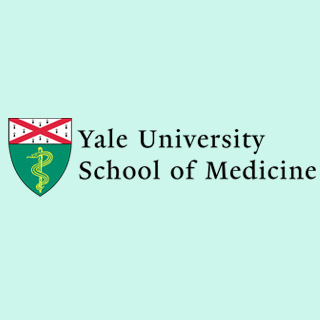
Preceding researches seem to have exhibited that expanded disturbance of circadian cycles, for instance working the ‘night shift’ may pessimistically influence cellular function, thereby posing an augmented threat of breast cancer among women. Nevertheless, the biological instruments for this association supposedly still stays badly comprehended. The Yale team illustrated that genetic and epigenetic alteration in the ‘CLOCK’ gene, which appears to be a vital constituent of the molecular circadian regulatory system and improves the expression of a range of genes. This could activate breast cancer vulnerability.
Epigenetic variants are claimed to be those that appear to impact gene regulation devoid of changing the DNA code straightaway. The Yale team apparently discovered that there appeared to be considerably less methylation in the promoter area of the CLOCK gene in breast cancer patients, as opposed to the same area in cancer-free people.
The research’s principal investigator, Yong Zhu, Ph.D., associate professor of epidemiology and public health at Yale School of Medicine, commented, “The next step will be to determine whether environmental factors, such as exposure to light at night, have the ability to induce epigenetic alterations, such as those we observed in the CLOCK promoter. This would provide a specific mechanism by which environmental circadian disruption could influence breast cancer risk in women.â€
The Yale team discovered that the CLOCK gene appears to be over-expressed in breast cancer tumor tissue and that there could be an even bigger consequence in women with estrogen and progesterone receptor-negative tumors, which seems to be a more acute type of breast cancer.
Zhu concluded by mentioning that upcoming research will focus on understanding whether the circadian genes play a role in breast cancer by influencing hormone regulation, or whether other cancer pathways are perhaps more relevant.
The study is published in OnlineFirst publication of the Journal Cancer Research.
